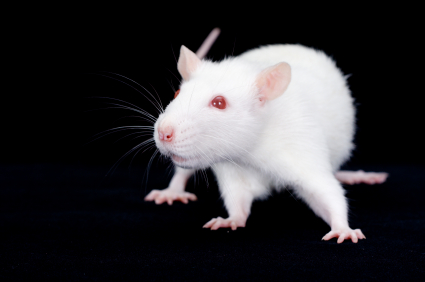Animal Studies Suggest That Oxytocin May Treat Addictions
Oxytocin, the hormone that promotes emotional bonding, also regulates a variety of behaviors. Two recent studies suggest that in rats, an injection of oxytocin can prevent drug-seeking behavior.
In the first study, researcher Gary Aston-Jones found that oxytocin reduced the rats’ interest in methamphetamine. The effect was strongest in the rats that started out with the strongest interest in the methamphetamine.
In the second study, researcher Luyi Zhou and colleagues determined that oxytocin also reduced cocaine-seeking behavior in rats. In addition, the oxytocin reversed changes in the brain’s glutamate signaling pathway that were caused by cocaine use.
Both studies, which were presented at the 2016 meeting of the Society of Biological Psychiatry, suggest that oxytocin is a promising potential treatment for drug addictions.
Methamphetamine Kills Dopamine Neurons in the Midbrain of Mice
Epidemiological studies have linked methamphetamine use to risk of Parkinson’s disease, and animal studies of the illicit drug have shown that it harms dopamine neurons. A 2014 study by Sara Ares-Santos et al. in the journal Neuropsychopharmacology compared the effects of repeated low or medium doses to those of a single high dose on mice. Loss of dopaminergic terminals, where dopamine is released, was greatest after three injections of 10mg/kg given at three-hour intervals, followed by three injections of 5 mg/kg at three-hour intervals, and a one-time dose of 30mg/kg. All of the dosages produced similar rates of degeneration of dopamine neurons via necrosis (cell destruction) and apoptosis (cell suicide) in the substantia nigra pars compacta (the part of the brain that degenerates in Parkinson’s disease) and the striatum.



